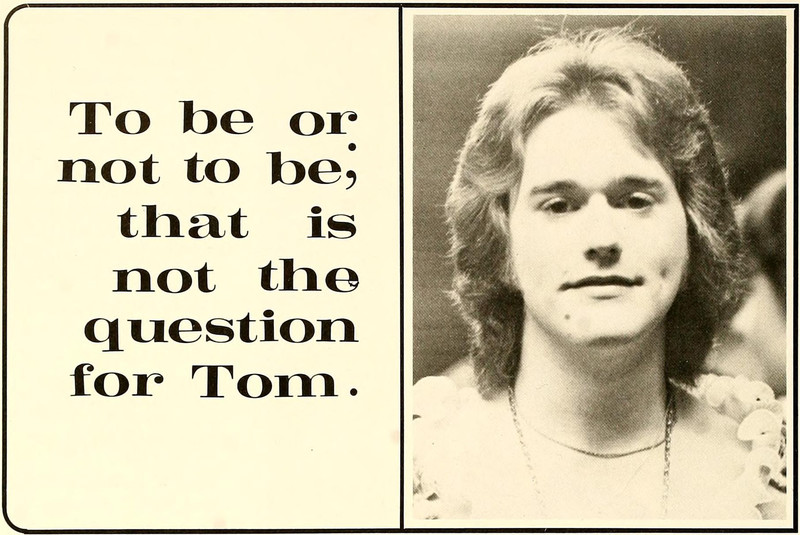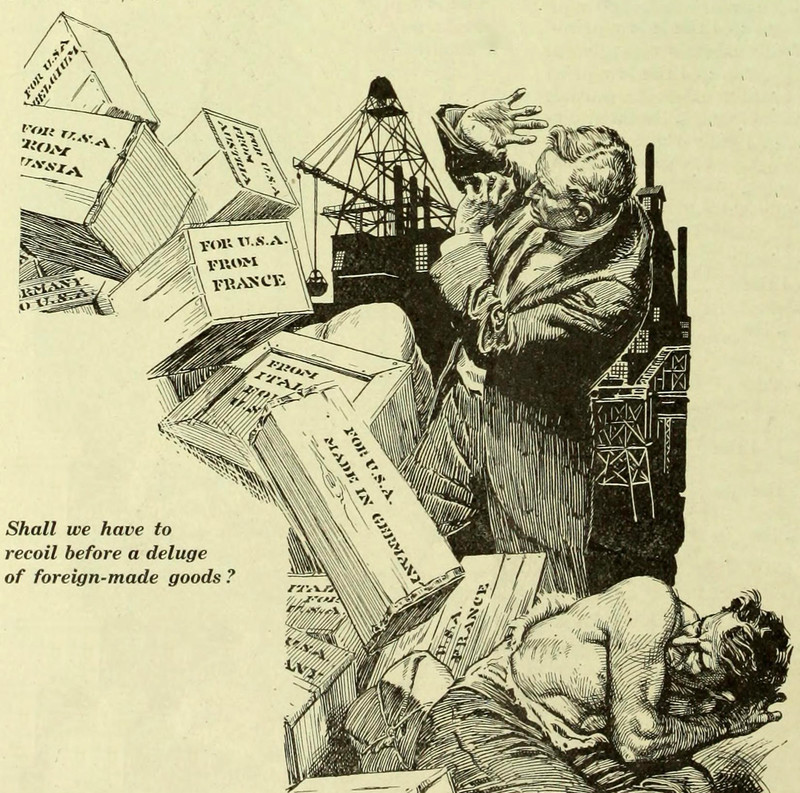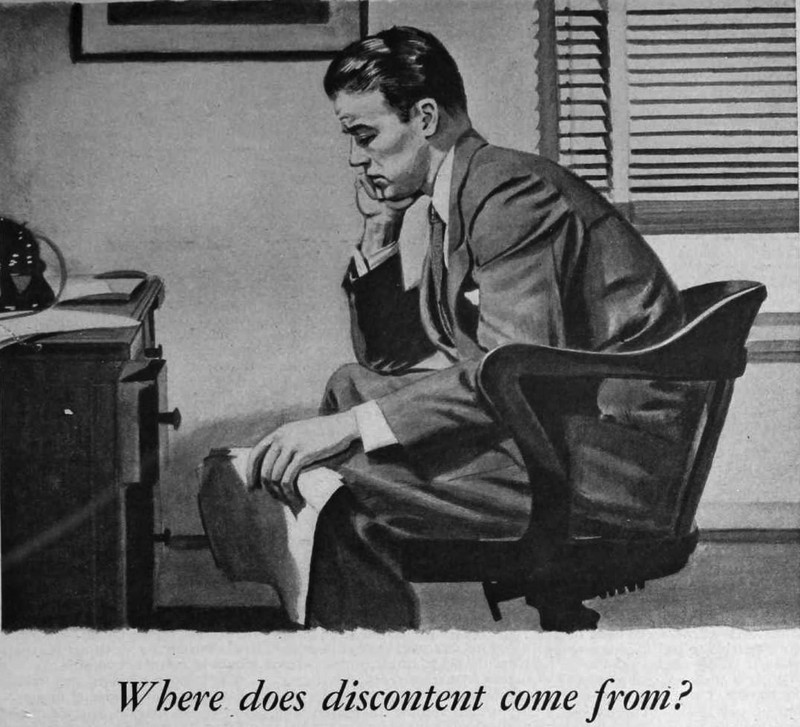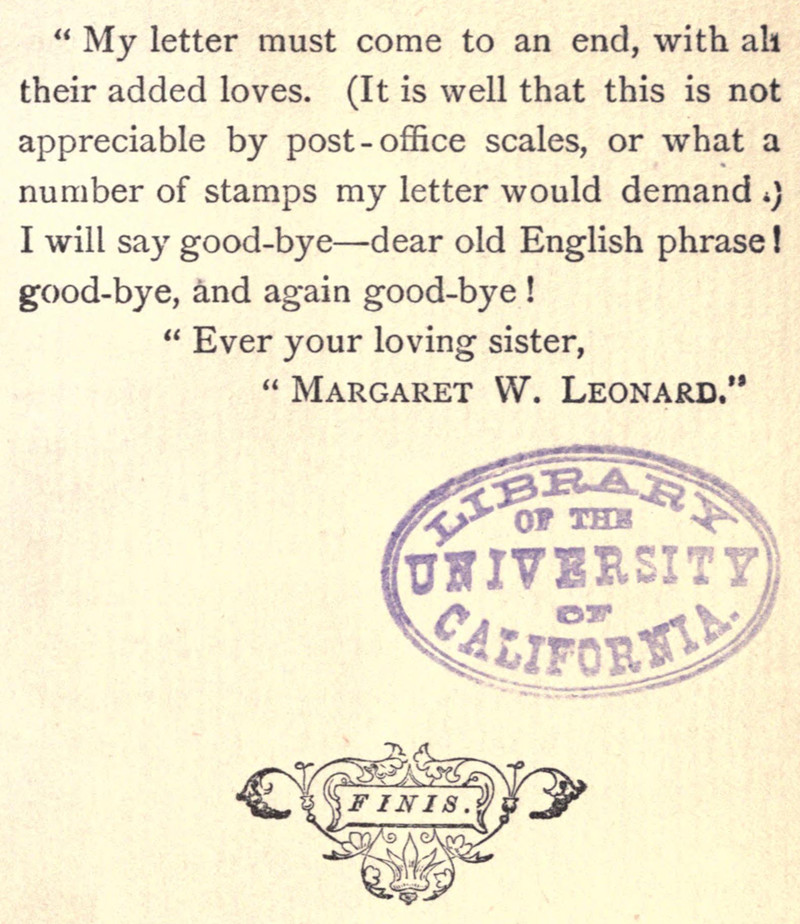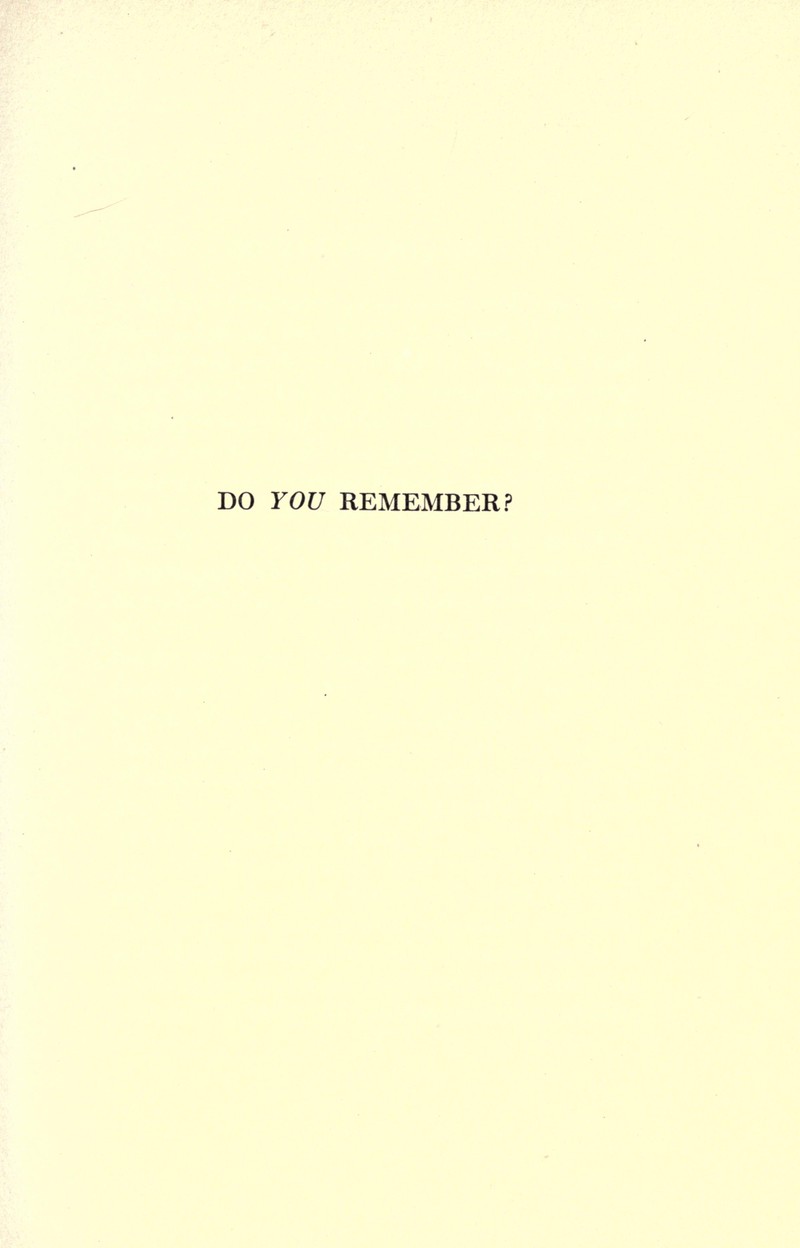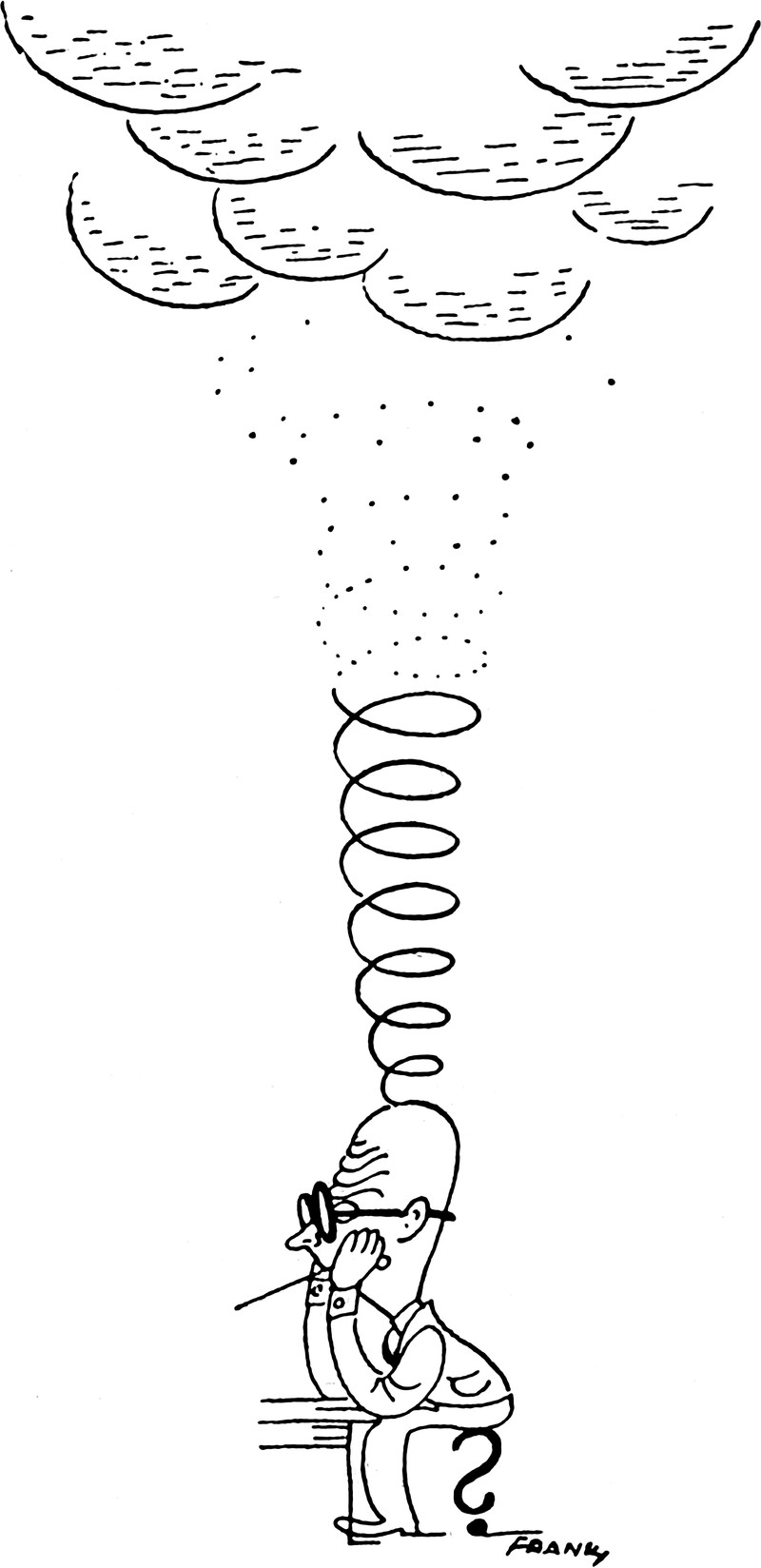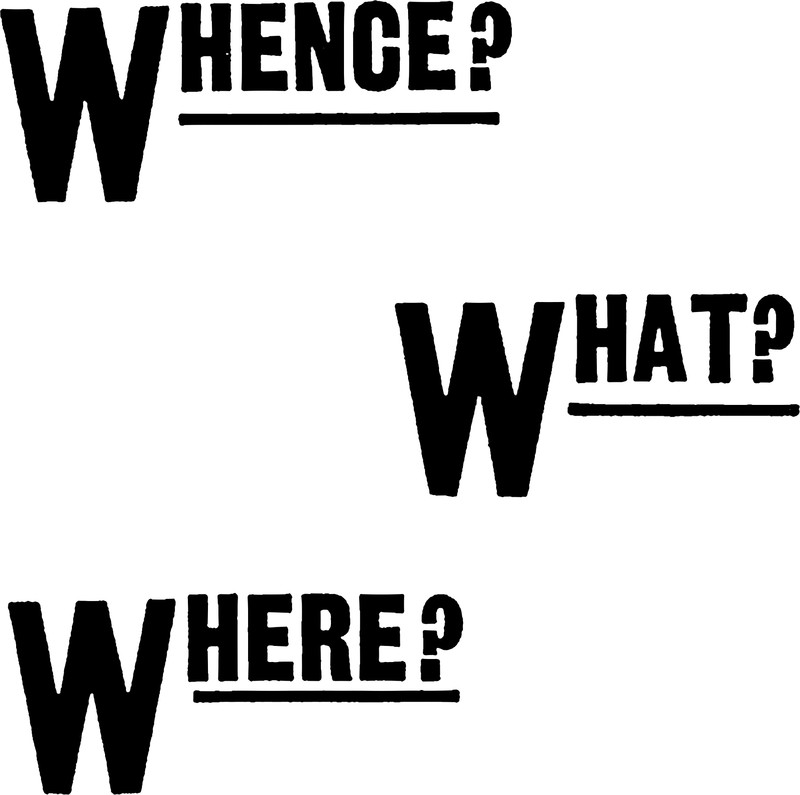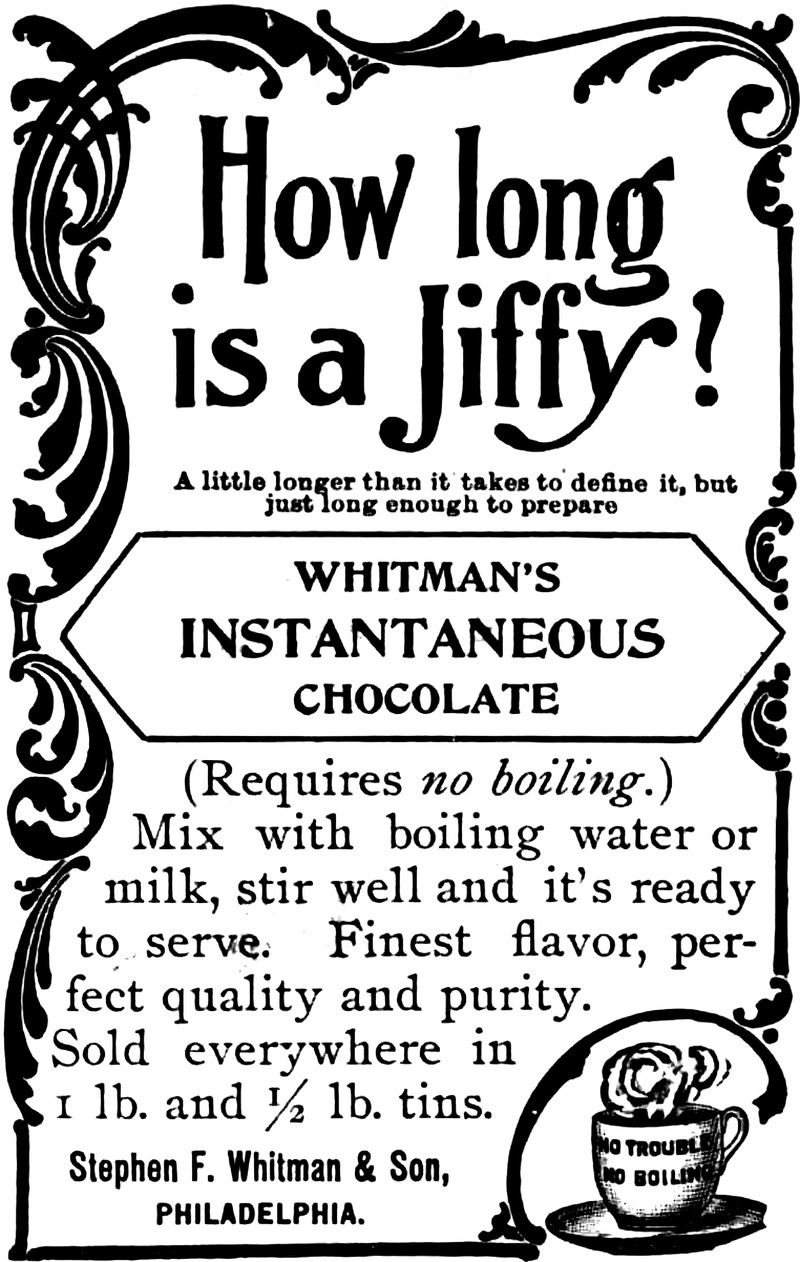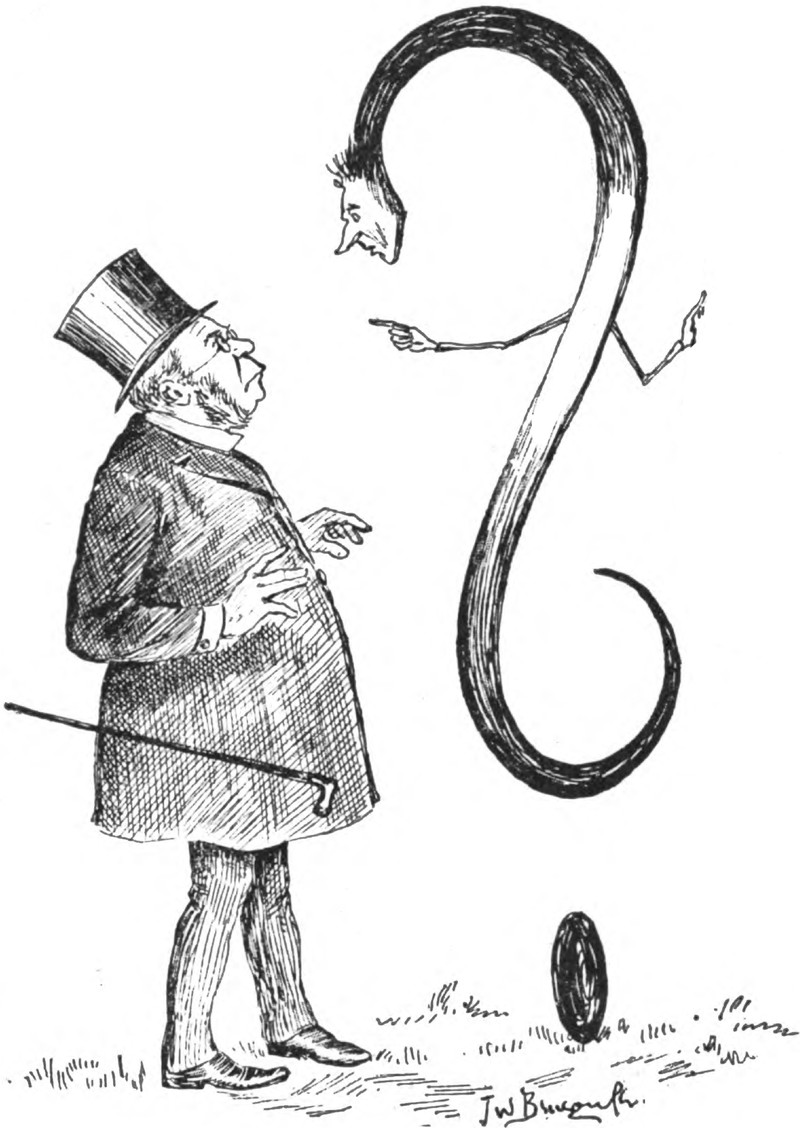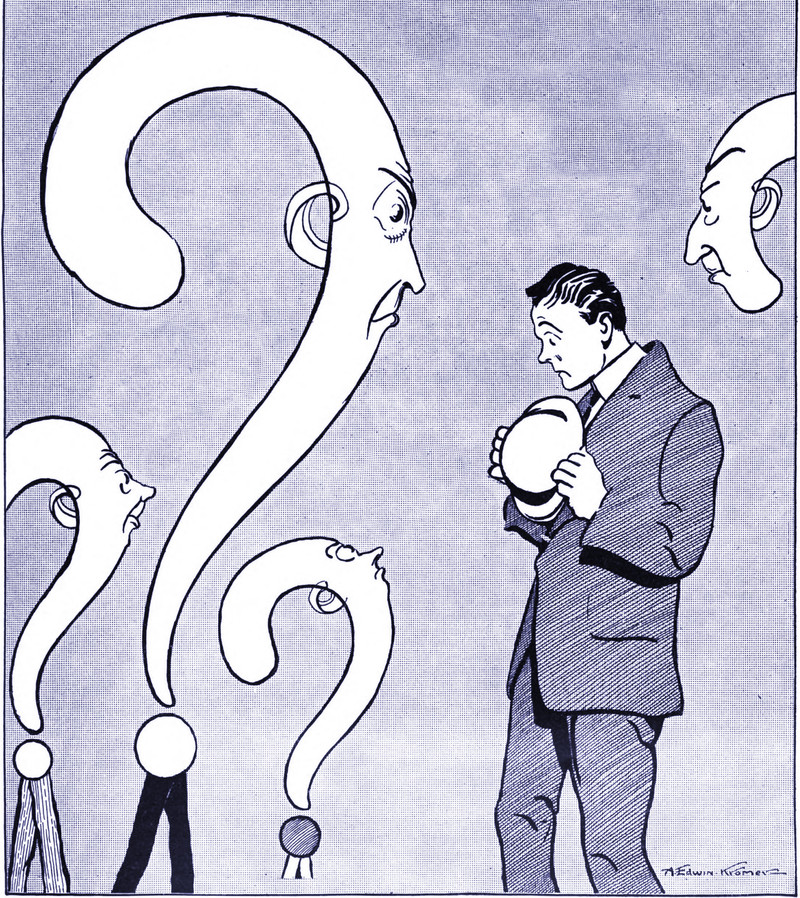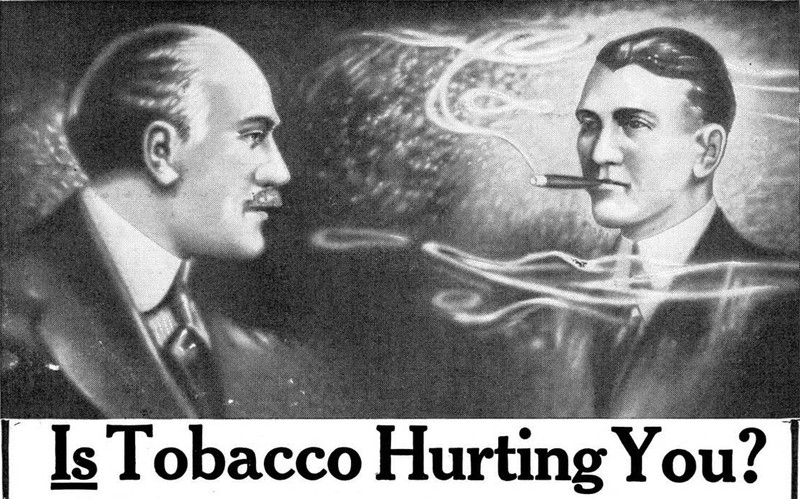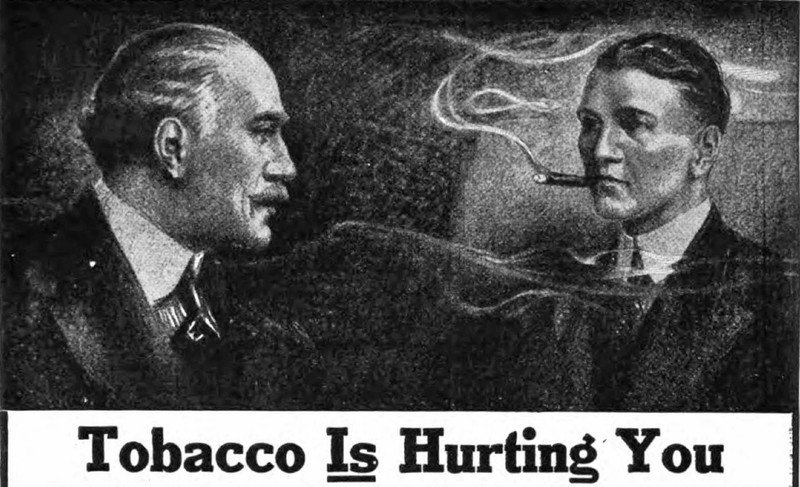|
Rhetorical Answers, Questioned |


 |
|
|
 |
 |
 |
Q: "Shall we have to recoil before a deluge of foreign-made goods?" (Colliers, 1916)
A: Yes. Note how the artist didn't predict that said goods would come from Asia. He figured it would be Europe (mostly France and Germany), with the occasional crate from Russia.
|

 |
|
|
 |
 |
 |
Q: "What's a moon without a man?"
A: "To most girls a moon without a man is like a mine of money on a desert island" —Epigrams of Eve by Sophie Irene Loeb, 1913.
From an ad in The Australian Women's Weekly, 1954.
|

 |
|
|
 |
 |
 |
"Where does discontent come from?" (Nation's Business, 1946)
The longest answer we found said: "Discontent comes from desire for reward for the works done, from selfish ambition, from covetousness, from love of men's praise, from dependence upon earthly prosperity, from absence of religious ideals, from failure of the good of charity in the heart" (New-Church Messenger, 1909)
The shorest answer we found said: "Discontent comes from the imagination" (Thought, from the Learned Societies of Canada, 1961)
|

 |
|
|
 |
 |
 |
This book ends happy that it won't have to be weighed for postage, wondering how many stamps it would demand. By our calculation, the book would weigh 1.1 pounds. For a flat rate box with 2-day shipping, the book would require 37 first class stamps.
From I Forgot by Mrs. Frederick Field, 1888.
|

 |
|
|
 |
 |
 |
A: " I Forgot" (Mrs. Frederick Field, 1888).
|









 |
|

 |
|
|
 |
 |
 |
"There is a splendid statement in one of Herzog's films. The main character asks himself a question and then says, Who will answer this answer? Actually, there is no question, answers are all one ever answers. To the answer already contained in a question (cross-examination, competition, plebiscite, etc.) one should respond with questions from another answer. One should bring forth the order-word of the order-word. In the order-word, life must answer the answer of death, not by fleeing, but by making flight act and create. There are pass-words beneath order-words. Words that pass, words that are components of passage, whereas order-words mark stoppages or organized, stratified compositions. A single thing or word undoubtedly had this twofold nature: it is necessary to extract one from the other—to transform the compositions of order into components of passage." — Deleuze and Guattari, A Thousand Plateaus
|



 |
|
|
 |
 |
 |
Q: "I wonder if the rabbit visits anyone in Cal?"
A: Not without a license: "It is illegal in California for anyone to possess eggs ... without a license" ( California Farmer, Vol. 274), possibly because "The urge to find and possess eggs has driven men to distant and dangerous places" ( Joseph Kastner, A World of Watchers).
|

Page 1 of 2

> Older Entries...

Original Content Copyright © 2026 by Craig Conley. All rights reserved.
|



